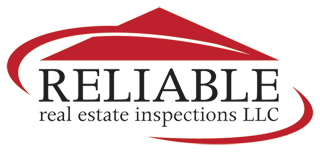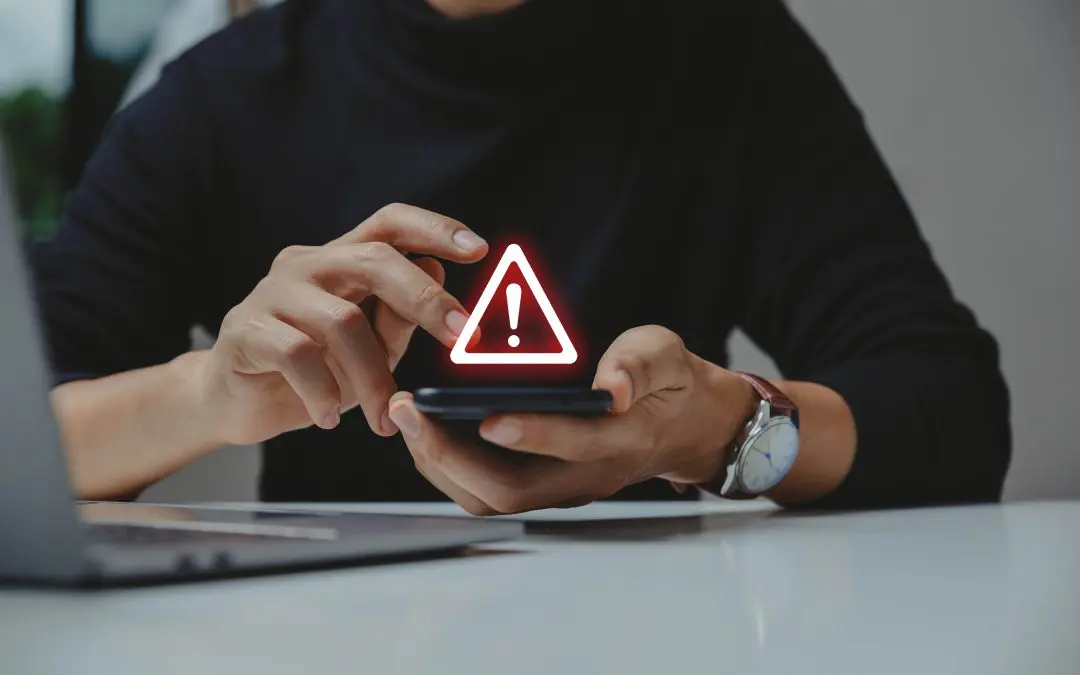Congratulations on buying your first home! It’s an exciting time filled with unpacking, decorating, and getting to know your new neighborhood. As you settle in, it’s good to be aware that, unfortunately, some folks see this transition period as an opportunity for scams. Staying informed is your best defense. Here’s your guide to spotting and sidestepping common scams targeting new homeowners.
Mysterious Mail
Shortly after closing, you might receive official letters demanding a fee for a copy of your property deed or title information. These often look very convincing, sometimes even citing specific government agencies. Here’s the scoop: you already received your deed and title paperwork during the closing process. While you can get certified copies from your local county recorder’s office for a small, legitimate fee, these unsolicited mailers are almost always scams designed to charge you an exorbitant amount for something you already have or can get much cheaper directly from the source. Toss these solicitations in the recycling bin.
Scams Targeting New Homeowners: Pesky Warranty and Insurance Calls
Another common tactic involves aggressive phone calls or mailers pushing expensive, often unnecessary, home warranties or insurance policies. They might claim your existing coverage is insufficient or about to expire, using high-pressure tactics to get you to sign up immediately. Reputable warranty and insurance providers don’t typically operate this way. If you’re unsure about your current coverage, contact your actual insurance agent or the warranty provider you chose during closing directly using a phone number you know is legitimate, not one provided by the solicitor. Never feel pressured to make a quick decision over the phone or through unsolicited mail.
Door-to-Door Contractors
Spring storms or simply the visible signs of a new resident can bring out opportunistic contractors offering unsolicited services like roofing, paving, or landscaping. While some contractors do legitimate door-to-door work, it’s a prime avenue for scammers. Red flags include demands for large upfront cash payments, high-pressure tactics, vague contracts (or no contract at all), and offers that sound too good to be true. Always get multiple bids, check references, look for online reviews, and verify licenses and insurance before hiring anyone. Be especially wary of anyone who shows up on your doorstep claiming to have noticed a problem with your new home.
Utility Bill Threats
Scammers sometimes pose as representatives from your utility companies, contacting you by phone, email, or even in person, threatening immediate service disconnection unless you pay a bogus bill right away, often demanding payment via gift cards, wire transfers, or payment apps. Your actual utility providers will give you ample warning about delinquent bills and typically offer multiple, secure payment options. If you receive such a threat, do not provide payment information. Instead, contact the utility company directly using the customer service number listed on their official website or your most recent bill to verify the status of your account.
Staying informed and trusting your gut will allow you to enjoy your new home without falling victim to these common scams. Some caution goes a long way in protecting your investment.
FAQs About Scams Targeting New Homeowners
How do I report a scam I’ve encountered?
You can report scams to the Federal Trade Commission (FTC) online at ReportFraud.ftc.gov or by phone at 1-877-FTC-HELP (1-877-382-4357). You can also report it to your state’s Attorney General’s office.
Are there legitimate reasons someone might contact me about my new home after closing?
Yes, legitimate contacts might include your mortgage servicer, your homeowners insurance provider, your title company (for final paperwork or questions), and local utility companies setting up service. Always verify their identity independently if unsure.
What should I do if I think I’ve already been scammed?
If you believe you’ve been scammed, contact your bank and credit card companies immediately to stop payments. Then, report the scam to the FTC and your local law enforcement.
How long after closing are new homeowners most vulnerable to these types of scams?
While vulnerability can exist at any time, the period immediately following closing, when your information may be more accessible publicly and you’re busy with moving and settling in, is often when scammers target new homeowners most actively. Remaining vigilant for the first several months is particularly important.
Reliable Real Estate Inspections, LLC provides inspections to customers in Hilton Head and the surrounding areas. Contact us to request our services.

